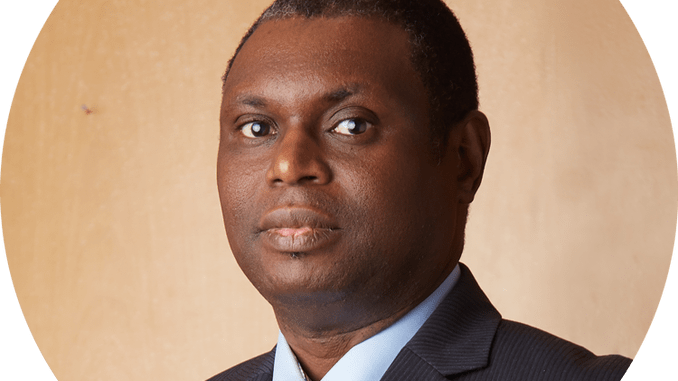Acting Executive Secretary, National Lottery Trust Fund (NLTF), Bello Maigari says the Federal Government loses more than one trillion Naira annually due to activities of illegal lottery operators.
Maigari, who made this known to newsmen on Thursday in Abuja, stated that the lottery industry is worth over two trillion Naira.
He said there were many lottery operators in the country without licence, adding that this has resulted to leakages in terms of what they were supposed to remit to the trust fund.
“Nigerian government is losing more than one trillion Naira every year because of illegal operators. There are a lot of illegal operators in the industry and these are part of the reasons why there are leakages.
“Some are conducting this business without being regulated and there are chances that such proceeds will be channelled towards crime, fraud, and of course, money laundering.
“We also have so many operators that are not performing for reasons best known to them; they have decided not to be moribund.
“And we learnt some of them lease such licences to third parties to operate and as a result of this, there is huge leakage leading to government losing revenue, particularly in the last 10 years,’’ he said.
Maigari stated that NLTF is collaborating with the National Lottery Regulatory Commission (NLRC) to develop a strong and robust enforcement strategy to curb leakages and enhance remittances.
He added that the strategy would be an automated form of collecting proceeds from operators.
He explained that the national lottery Act 2005 stated that lottery operators are required to pay NLTF 20 per cent of their proceeds in the first five years of their operation.
“The national lottery Act 2005 section 24, sub section 3 requires an operator to pay to the trust fund at the end of every lottery a percentage of 20 per cent for the first five years of operation.
“Then subsequently 25 per cent, then after 10 years 27.5 per cent, this is the way it is structured.
“We are to use these proceeds to promote good causes for Nigerians in health, sports, water and sanitation and other social services that will impact the social well being of Nigerians.
“But our only challenge is that funds are not coming in as expected,’’ he said.
CREDIT: NAN




